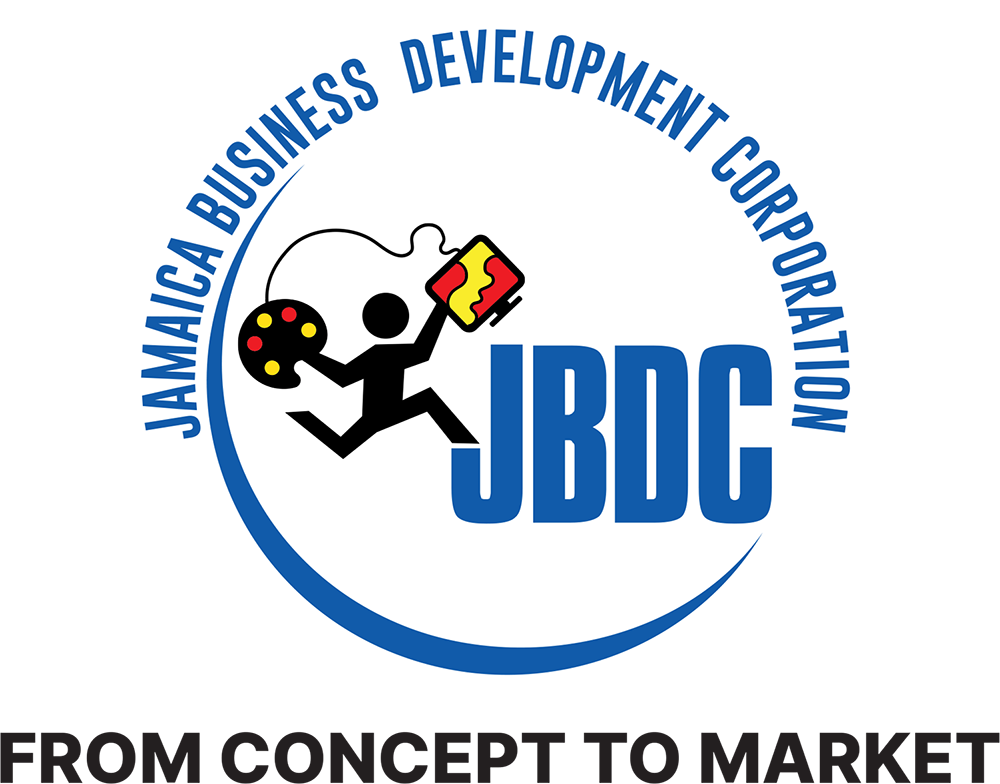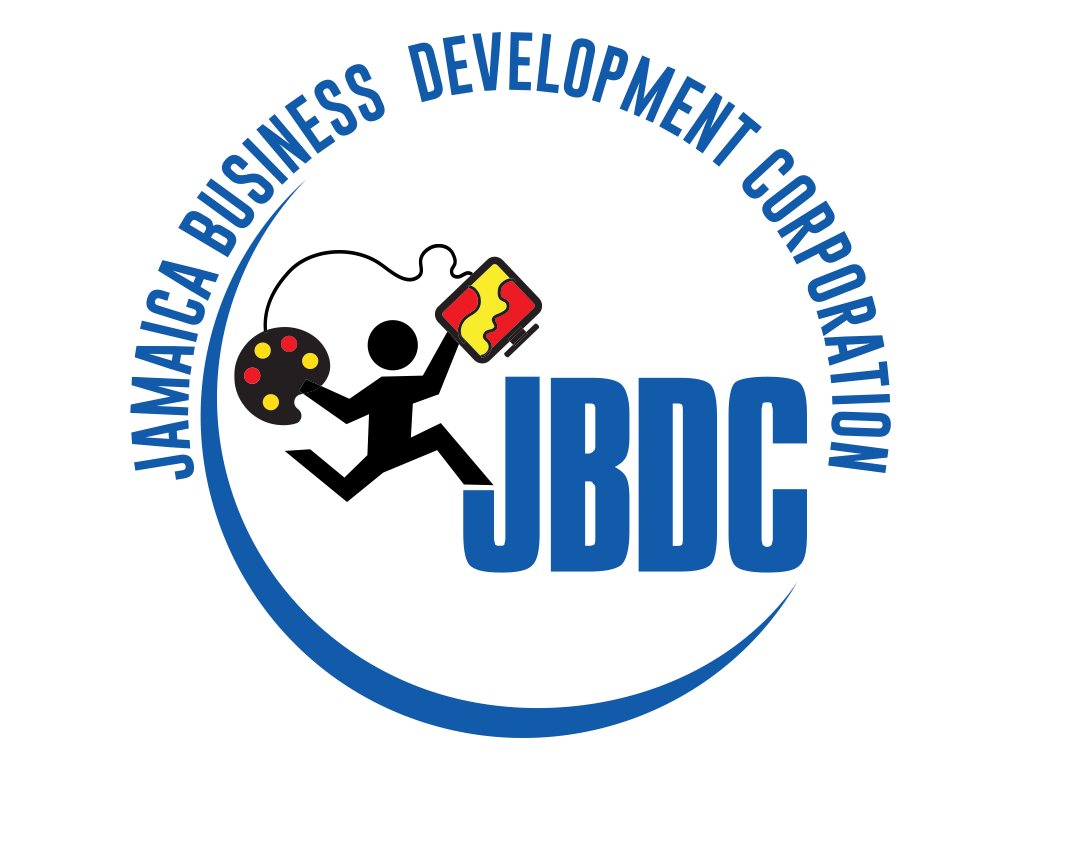The fashion industry globally is a colourful and diverse industry with creatives and other business persons at the helm making decisions and creating trends that inform the masses. The industry in Jamaica is also quite vibrant but like in other countries, Jamaican entrepreneurs within the fashion industry must take care how business is done. It has been observed that creatives need business development support and this too is true of creatives within the fashion industry. A key part of how effective business is done, is the development of the business model. In this edition of Entrepreneur Weekly, we explore some business models in the fashion industry.
A business model can be described as the internal logic of a firm, it is a plan for the successful operation of a business, identifying sources of revenue, the intended customer base, products, and details of financing. A business model dictates the operations of a business and every entrepreneur must think carefully about what this will look like for their business.
Fashion in Jamaica
One of the key recommendations from the British Council and the Jamaica Business Development Corporation’s (JBDC’s) Mapping of Jamaica’s Cultural and Creative Industries Report is that, “Interventions to support CCI sectors in Jamaica should be holistic in addressing challenges and leveraging opportunities. These include a funding and financing plan, capacity building, as well as international partnerships.” The Jamaican fashion industry is filled with great opportunities for growth and exposure but there are many within the industry that need financial and business development support.
According to the Jamaica Observer, in 2012 “the regional fashion industry brought in JMD$10 million dollars through fashion shows like Caribbean Fashion Week and the exportation of craft souvenirs and other commodities. Since then, the industry has seen a steady growth and has been a 5.5% increase each year since 2019 with more students being interested in this industry and pursuing careers in this field.” So, we see that there is great potential within the industry but support is needed to see it thrive.

Types of Fashion Industry Business Models
There are quite a number of ways that the fashion industry crafts the way how it does business and a few of these business models include: Fashion Designer, Luxury Brand, Fast Vertical Retailer, Bespoke or Custom Fashion, among others. The business model that a fashion entrepreneur chooses is dependent on a few things, such as customer needs and habits, the market potential and competition, and so on.
Fashion Designer business model is a popular structure. This business model is the one adopted by firms wishing to compete on the top tiers of the fashion pyramid. The business model of these typologies of companies revolves around a value proposition which is grounded on prestige and exclusivity. Luxury Brand business models are strictly connected to timelessness and exclusivity. In luxury, the timeless and heritage-sensitive values of a brand can be ‘stretched’ to cover a wide range of product categories.
According to 440 Industries, an online learning platform, Fast Vertical Retailers are described as business models which are “connected to companies which pursue the development of specialty chains with a wide geographical reach. Examples of companies pursuing this business model are Terranova, Zara, H&M and Top Shop.” Finally, Bespoke or Custom Fashion, interestingly is one that is quite familiar to the Jamaican context. This model involves custom, made-to-order clothing. When you commission bespoke fashion items from a clothing manufacturer, you’re giving them specific measurements for a clothing item. There are many other models and ways of doing business in the fashion industry and an entrepreneur within this industry must look into what works best for them and the business context they operate in.

JBDC and The Fashion Industry
The JBDC has always taken a keen interest in the Cultural Creative Industries and frequently hosts a forum called JBDC ‘In Concert’ that explores various topics within these industries. In a recent staging of the forum, the theme explored was “Bespoke in an online world: Cut to fit hit to miss.” The conversation explored the various expressions of fashion, the current trends and prospects for the future.
According to the Mapping of Jamaica’s Cultural and Creative Industries publication, “The sector faces some challenges. Spending in fashion represents the 3rd largest eCommerce segment, holding 27.7% of Jamaica’s eCommerce revenues in 2019. These statistics are troubling to local designers and store owners as it represents an increase in purchasing of cheaper clothes from international retailers online and an under-valuing of local, Jamaican-made designs.”
At the JBDC ‘In Concert’, Fashion Designer, Mrs. Keneea Linton George said, “Sometimes we are in this rush as designers to sell off the rack and to sell online and sometimes it feels as if you are not selling off the rack and have an inventory of dozens of clothing, you don’t feel like you are succeeding in the industry but in truth, I’ve found that almost 90% of my sales are custom designs. There’s something about Jamaican people and fashion, they want it to be unique, they want it bespoke.”
Fashion designers and entrepreneurs within the industry must consider what models make good business for them, but it has been observed that many people desire unique and custom fashion. Therefore, entrepreneurs must also consider what works best for the costumers they are serving.
Sources
https://www.youtube.com/watch?v=vkz9_EcbNmc&list=PL962j2uEhv5eDTDRO1E5p1QPtKC3fWbcf
https://ellenmacarthurfoundation.org/fashion-business-models/overview
https://www.forbes.com/sites/sap/2016/11/04/reinventing-the-fashion-business-model/?sh=5cf51da95ebf









